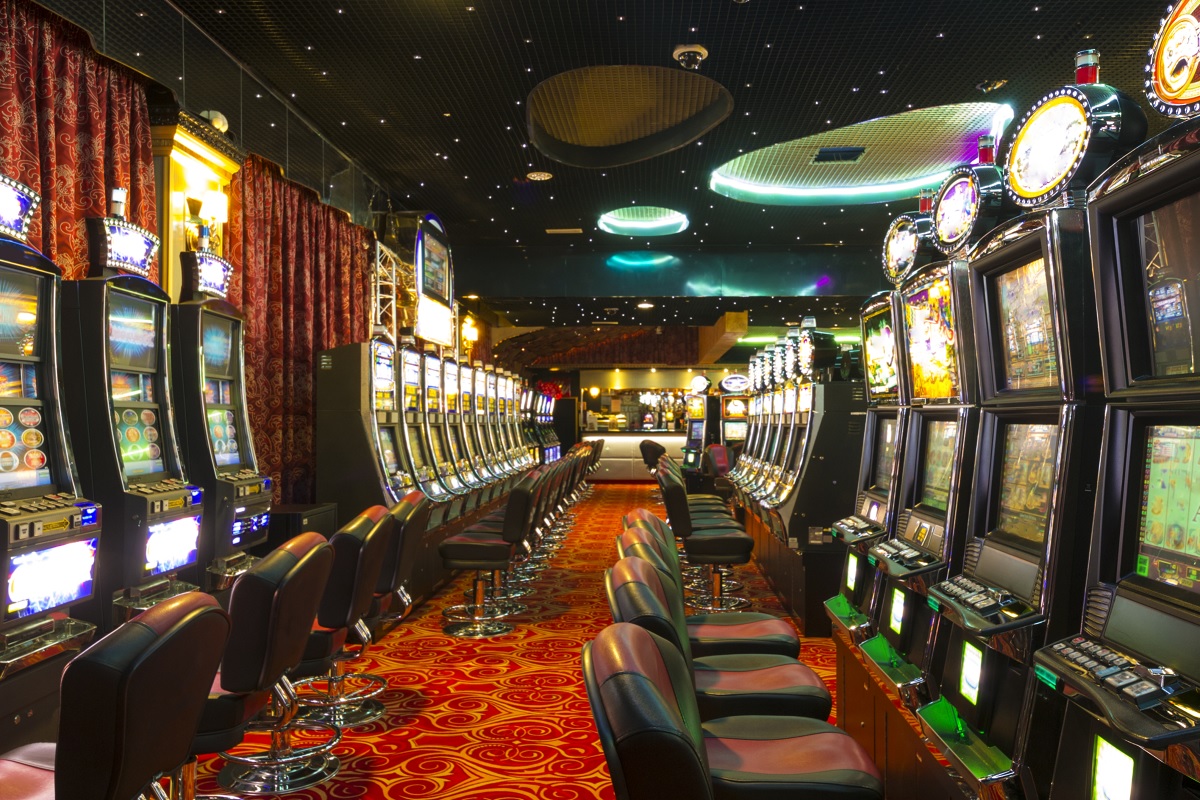NSW Labor has unveiled its gaming reform package which includes a number of changes should it be elected in the state’s election in March.
The package includes reducing the number of poker machines in the state, as well as a 12 month trial of cashless gaming and changes to the rules around donations to political parties from clubs that operate gaming machines.
Gaming reform has become a big issue in the March election with the current government saying it will introduce cashless gaming cards across the state.
NSW Labor leader Chris Minns said his government would run a 12 month trial from July 1 and that would include over 500 poker machines across the state in both metro and regional areas. Minns said a trial would help assess how pubs and clubs could afford the new technology.
“I said from the outset this is a complicated policy area and we needed an evidenced-based approach to make sure any measures we introduced would work and wouldn’t have any unintended consequences,” Minns said.
The package also includes removing ‘VIP Lounge’ signage, reducing cash feed-in limits to $500, banning financial donations to political parties from clubs that operate poker machines and a change to transfer of machines from one venue to another.
Currently venues have to forfeit one machine for every three they transfer from another venue, Labor said it will change this to one for every two transferred. This would help with the policy of reducing the number of machines in the state.
Minns said: “If a pub or club purchases 20 machines from another [venue], they will have to kill 10 of those machines.”
The reforms would also include third-party exclusion, helping family members and police ban people from gaming venues and the introduction of responsible gaming officers for venues operating over 20 machines.
The AHA NSW’s Director of Liquor and Policing John Green said the association is currently considering the full detail of the State Opposition’s plans for gaming in NSW.
“While this policy would make significant changes to many areas of hotel operations, beyond the scope of the Crime Commission report, we support an evidence-based approach including trials and assessment of cashless gaming,” Green said.
“The NSW Crime Commission Report has found no widespread evidence hotel gaming machines are being used to clean ‘dirty money’ and we have never been supportive of an unproven, untested and un-costed cashless gaming system.”
“While we are still considering the implications of this wide-ranging policy, it is clear NSW hotels will be adversely impacted by accelerated gaming machine forfeiture and a significant reduction, from $5000 to $500, in the cash input limit.”
Meanwhile in Tasmania, the will be no poker machines in RSL venues from July, when the final 20 machines in the Devonport sub-branch will be removed.
RSL Tasmania chief executive John Hardy said the organisation had “no other choice” but to get rid of the machines.
“RSL Tasmania is about making Tasmania a place where veterans and their families can thrive. If we’re not about that, then why is there an RSL?” Hardy told AAP.
The decision only applies to the 49 sub-branches associated with RSL Tasmania, other clubs which have RSL in their name, but have no connection to the organisation are not included.

